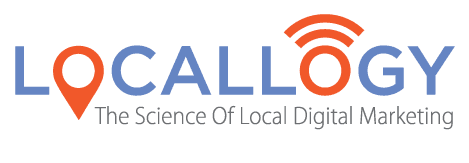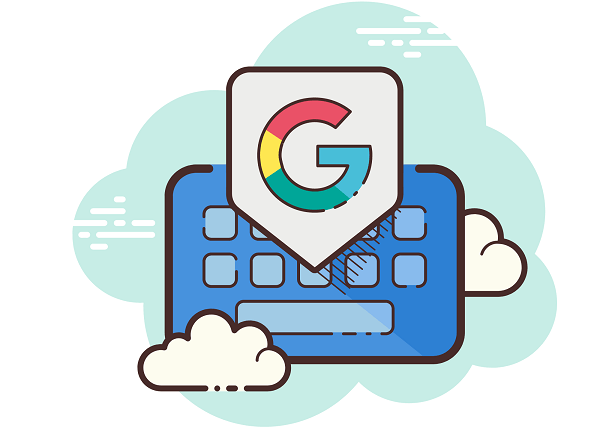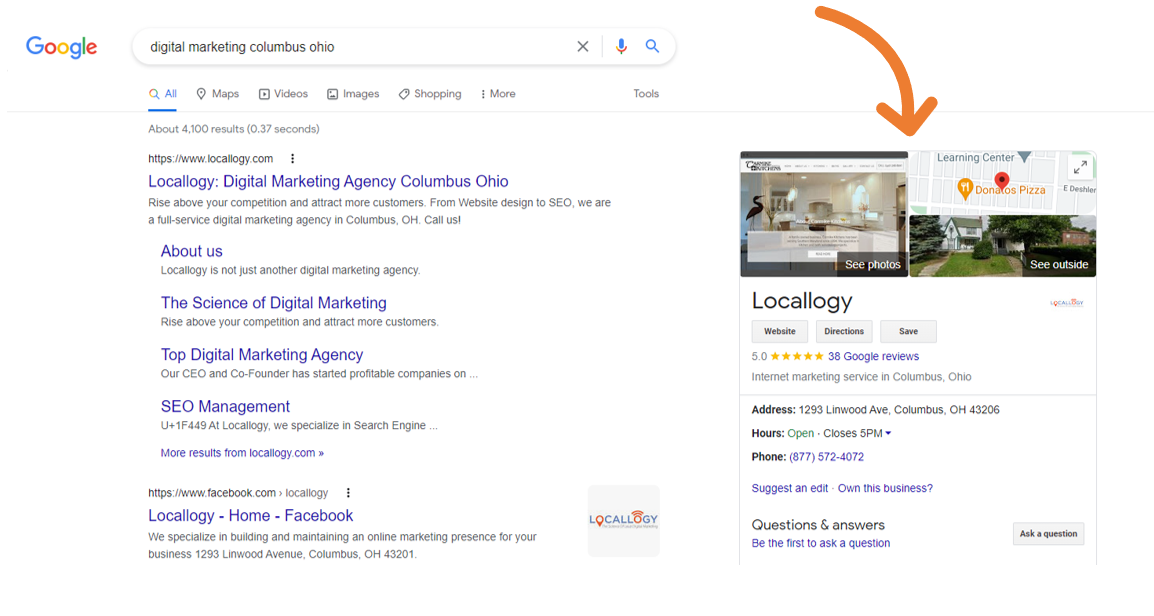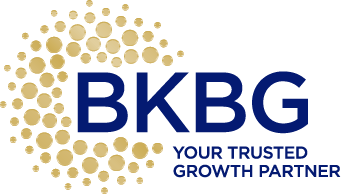Local Business Website vs Google Business Profile: How Do They Compare?
As a consumer, there’s a good chance you’ve Googled a business and checked out the expanded business listing that pops up, separate from the list of search results. You may have even clicked through to the company’s website through their business listing. Or perhaps you found all the info you needed right there on Google’s front page.
As a local business owner, you may wonder how many people have found you via a Google search. Are they focusing on your business listing? Or heading directly over to your website? Maybe both?
Do you actually need a Google business listing AND a website?
The answer to this question depends on who you ask. Marketing pros are divided—some swear local businesses only need a Google business listing, while others will tell you a website is all you need; still others will tell you both is the way to go. So what’s the right answer?
First, let’s take a quick look at what each of these two marketing platforms actually do and how consumers are using them.
Google Business Profile (Google My Business)
Let’s get some housekeeping out of the way first. In late 2021, Google did some rebranding and changed its business directory’s name from Google My Business (GMB) to Google Business Profile (GBP.) At present, the interface and functionality is essentially the same between GMB and GBP, it simply had a name change. Looking forward though, we can expect to see some GMB features retired and other features expanded under GBP.
But for now, we can think of GMB and GBP interchangeably. It’s Google’s business directory that displays certain search results in an expanded format, with additional details like business hours and reviews. On a desktop, you’ll typically see these results on the right-hand side of the screen; on a mobile device, they’re usually at the top of the page.
Google Business Profiles provide users with lots of helpful information about a business without ever clicking away from Google’s front page. Users can see updated or temporary business hours, view photos uploaded by the business, ask questions and read answers to previous questions, check customer reviews, and add their own reviews. GBP listings may also include links to the company’s website, directions to the business, and click-to-call links.
Besides providing your potential customers with a wealth of helpful info about your business, a well populated and optimized GBP listing can also help you appear higher in Google’s search results.
Local Business Website
You’re reading this article on Locallogy’s business website, so it’s safe to say you understand what a business website is. But remember your website serves a far greater purpose than that of a digital business card. Your local business website should tell your company’s story through its design, copy, and photos.
Sure, it’s imperative your website has easy-to-access contact details, directions, and basic info about what you do. But more than that, your website is a tool to connect you and your customer, providing them with helpful information, establishing your expertise in your field, and showing your commitment to your customers and the community.

How Do They Compare?
It’s clear a GBP listing and a business website offer a lot of the same information. But are they redundant? Let’s check our some stats.
Which source do consumers expect to have the most accurate and up-to-date information?
- 56% of consumers expect
local business websites to have the most accurate contact information.
- 32% believe Google Business Profiles (Google My Business) have the most accurate information.
While many people refer to GBP for business contact details, only 32% trust those details as being the most accurate. The majority—56%—feel a business’s website is actually more accurate.
What is your competition doing?
- Only
44% of small businesses have claimed their Google Business Profile listing.
- Less than
64% of small businesses have a website.
Local businesses woefully underutilize both GBP and websites.
But the distinct lack of Google Business Profiles among local businesses means you have an advantage over your competition when you claim and optimize your profile.
On the flip-side, more than half of small businesses have a website, which means there’s a good chance your competitors have one. If you don’t currently have a website for your local business, then your competitors already have an advantage there.
Bottom Line
So, should you make a choice between using GBP or a website? Or do you need both?
The answer to this question depends on you. Your business is unique, with a different skill set, budget, and timeline than the business across the street. What works for them may not work for you.
But ultimately, if you're in a position to employ both tools—do it.
Done well, the two platforms will complement each other and drive customers through your doors. From a customer engagement and search engine ranking standpoint, using both GBP and a business website will put you in the best position for success.
Need help understanding Google Business Profiles, local business websites—or both? Reach out to Locallogy. We're experts at digital marketing and we'd love to help you decide which marketing strategy is right for you.
Get the Latest Content in Your Inbox
Want to be the first to know about new content? Sign up to get our weekly blog posts sent to your email!







